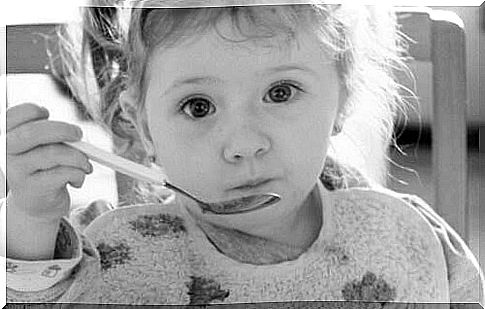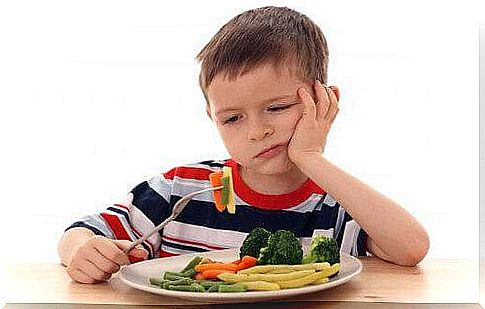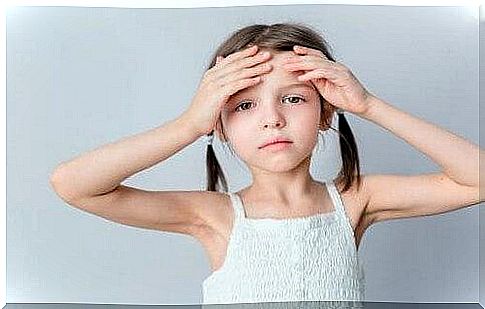Childhood Malnutrition: Causes And Detection – Being Parents

Even today, the fight against child malnutrition is important. It is a societal disease that is costing the lives of thousands of children around the world. This occurs especially in the developing country but also in households with economic difficulties.
Nonetheless, there are a lot of myths surrounding child malnutrition. These are due to the lack of information of most people. What is certain is that nutrition is one of the areas of health that contains the most beliefs on the part of the general population.
Common beliefs about child malnutrition
Childhood malnutrition is considered by many to be a condition that is noted primarily by the thinness of the child’s body.
What is certain is that a child’s body thinness does not determine whether he is malnourished. Thus, this disease can also present itself in overweight children. We can thus deduce that, if there is a correlation between thinness and malnutrition in most cases, this is not always true.

What is child malnutrition really?
Childhood malnutrition is a pathology caused by insufficient food intake for the human body. It is a common problem in many countries and in areas of extreme poverty, where there is not sufficient purchasing power to meet the food needs of its inhabitants.
Childhood malnutrition is a response to a lack of essential nutrients for the optimal functioning of the body’s vital functions.
Thus, a diet that is abundant in terms of quantities, but for example low in protein, can keep a weight in the optimal range. However, this diet can lead to symptoms of malnutrition like anemia.
Causes of child malnutrition
When external factors like extreme poverty or a food crisis are not a circumstance to consider, child malnutrition can be due to different causes. Among these we can find:
- An unsuitable diet. An unbalanced diet that does not include the consumption of foods that carry some of the body’s essential nutrients.
- Eating disorders. Anorexia or bulimia can appear very early, including in childhood.
- Gastrointestinal pathologies. They prevent the correct absorption of nutrients that come from food.
- Metabolic pathologies . Abnormal functioning of the processes that metabolize nutrients.
When should I be concerned about my child’s weight?
To be able to determine if the weight of a child is not adequate and to detect a possible case of undernutrition, it is necessary to consult your doctor. He will assess the body mass index (BMI) indicated for the age and height of the child.
Some signs of childhood malnutrition may show marked symptoms. However, for the most part, these are often vague depending on their origin. Therefore, any suspicion of malnutrition can only be corroborated by a doctor.
Symptoms that are warning signs:
- Headache.
- Weakness.
- Dizziness.
- Dyspnea.
- Apathy.
- Among others.

How do I know if my child is malnourished?
The best way to tell if our child is malnourished is to see your doctor. Through clinical examinations, the state of health of the child can be determined in detail. The origin of the symptoms can also be detected.
It is important to remember that in the spectrum of childhood malnutrition, we find conditions such as anemia, diabetes and hyperthyroidism.
The importance of detecting child malnutrition
During childhood, nutrition plays a fundamental role in the optimal development of the organism. This is indeed the most important step in terms of good nutrition.
Untreated infant malnutrition can lead to chronic malnutrition. This is particularly serious since it interferes with the normal development of the body. It thus drifts towards more chronic problems, both physical – such as problems of growth and the immune system – and mental such as the optimal development of intellectual capacities.
All of this has consequences that go beyond the health of the child. In other words, child malnutrition can have consequences for studies and work.









